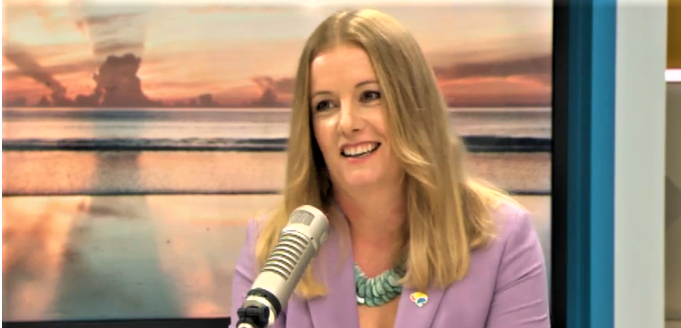 31st March 2021
31st March 2021
You Know You’re An Adult When …
a) you’re wondering how you hurt your back
b) the only mail you get is bills
c) you’re the one that has to kill cockroaches
d) you’re gutted when it rains ’cos the washing is on the line
e) 4.30am is early in the morning, not late at night.
Being an adult is hard. As Mark Twain famously said, ‘Life is just one damn thing after another.’
A certain level of stress isn’t always bad: it’s what gets us out of bed in the morning, helps us meet deadlines, and gets us through the daily challenges of adulting.
At higher levels of stress, our bodies switch into ‘fight or flight’ mode: the cortisol chemical spikes in our brains making our senses sharper, we breathe more heavily to get more oxygen into our muscles, our heart beats faster and our muscles tense up.
‘Stress is like doing a hundred metre sprint—we have a huge physiological response to it.'
It’s a short, sharp injection into our system to get us out of danger or get us through difficult situations.
But stress becomes chronic if our system keeps activating for long periods of time, overloading our body with cortisol and ‘fight or flight’ responses. ‘Stress is like doing a hundred metre sprint—we have a huge physiological response to it and it’s pretty all encompassing,’ explained Just a Thought clinical lead Anna Elders on The AM Show. ‘We can’t run a marathon at the same intensity as we run a sprint, it becomes very negative for our health.’
In New Zealand, it’s been just over a year since our first nationwide lockdown. Our stress response helped us work together to stop the spread of Covid-19 in our community. We are rightly proud of the great job we did, during a stressful season.
But, as weeks turned into months, that stress may have become chronic for people impacted by job insecurity, strained relationships and ongoing uncertainty. It can feel harder to pick ourselves up after another lockdown, we may feel less motivated to stick to the rules, and we may feel more anxious and tired.
Anna says we can manage chronic stress by incorporating ‘go to’ stress busters into our daily lives ‘in the same way we do things like brush our teeth’. Here are three key ways we can help lower stress in our daily lives:
1. Take it one day at a time: Worrying doesn’t help us predict the future, so don’t get stuck worrying about what might happen.
2. It’s okay not to be okay: If we can learn to be okay the difficult feelings that stressful situations bring, they become easier to deal with and don't stick around as long.
3. Stay connected: Give time to the things you value—like spending time in nature, connecting with trusted friends, exercise or resting. These activities directly lower stress, so make them part of your routine.
To find out more about these skills go to Staying on Track, or dig deeper into managing anxiety with our Generalised Anxiety course.
